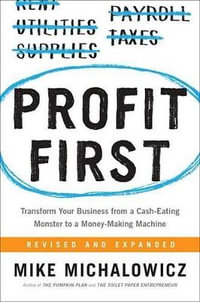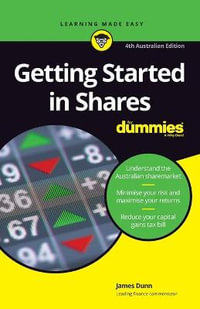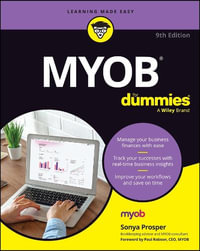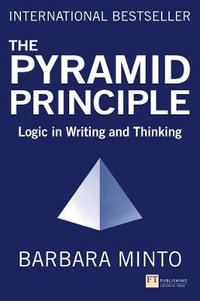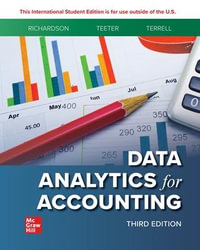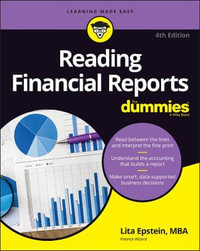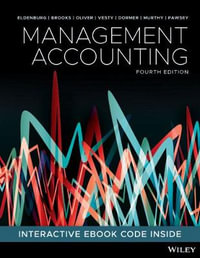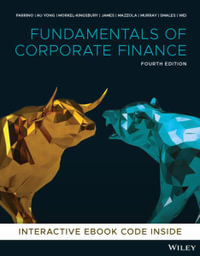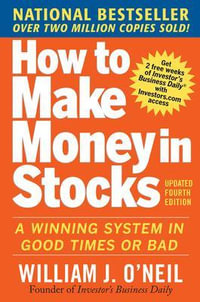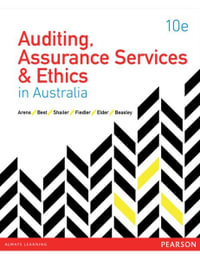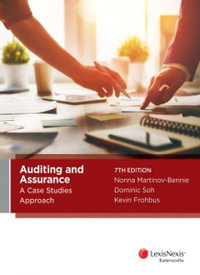This book, as the first volume of A General History of Chinese Accounting, addresses the origin and development of Chinese accounting in the long history that covers a time span from remote antiquity through the Warring States Period (476-221 BC). It starts with an introduction section that functions as the overarching framework for all the 12 volumes. Following the Introduction are two Parts, of which Part 1 delves into the historical origin of Chinese accounting, whereas Part 2 gives an introduction to Chinese accounting in archaic times. The examination of the origin of accounting practices in Part 1 suggests that by the Late Paleolithic Age, approximately 15,000 to 50,000 years ago, the primitive people in China had almost completed the transition from living as "subjects of nature" to becoming nature-conquering "subjects of production", marked by their use of methods and rules for measurement recording, which signifies the beginning of China's prehistoric accounting practices. Its significance lies in the role the accounting played in helping the people survive and ushering in the Neolithic Age, when evolution from primitive measurement recording to the development of the combination of numerals and writing symbols called "Shuqi" occurred. By the end of the primitive society, the prehistoric "Shuqi" had become more and more mature that it ultimately evolved into a new form in the age of civilization, known to all in the modern world. Chinese accounting in archaic times is addressed chronologically in various chapters respectively in relation to the Xia, Shang, and Zhou dynasties, the latter roughly covering the Spring and Autumn Period and the Warring States Period, until the medieval period of China. It is found out that the accounting in the Warring States Period is a critical stage in the historical transition.
The book series are targeted towards a very broad readership. With rich content, careful investigations and remarkable readability and accessibility, they are meticulously tailored not only for scholarly experts, educators and seasoned practitioners working within the realms of accounting, auditing and finance but also for laypersons with a keen interest in the history of Chinese accounting.

